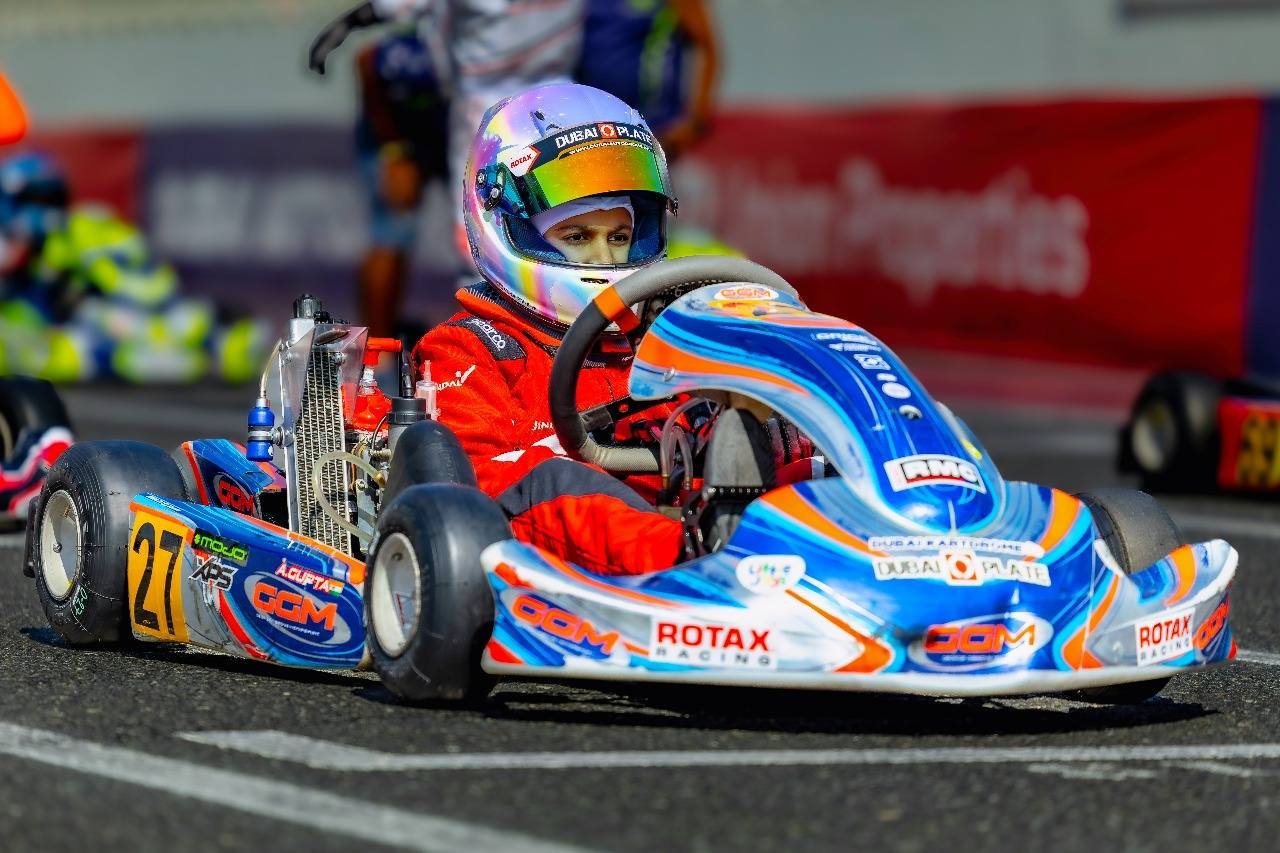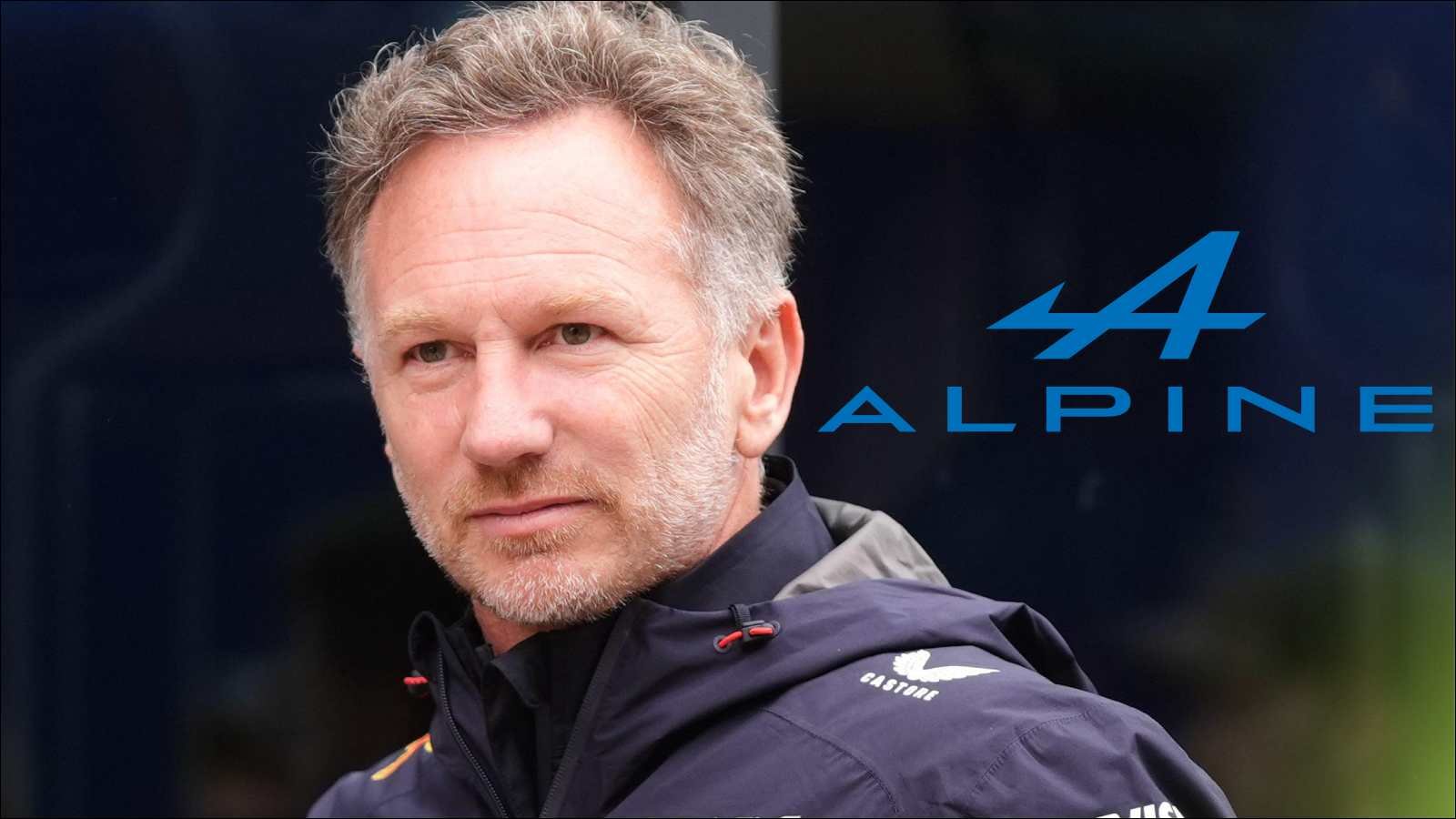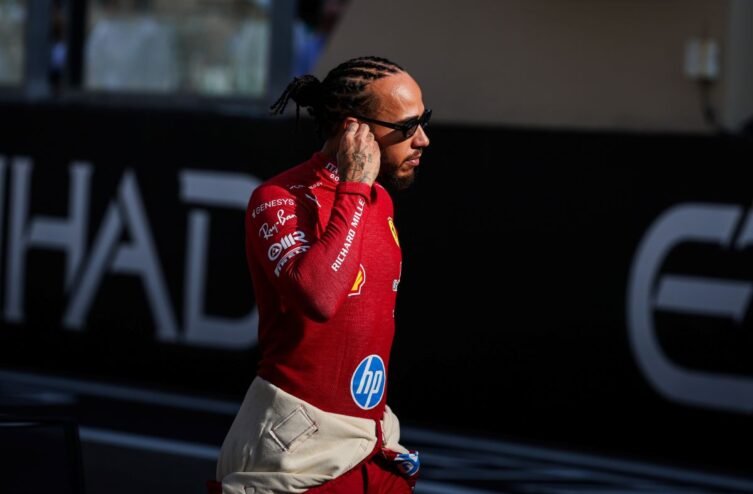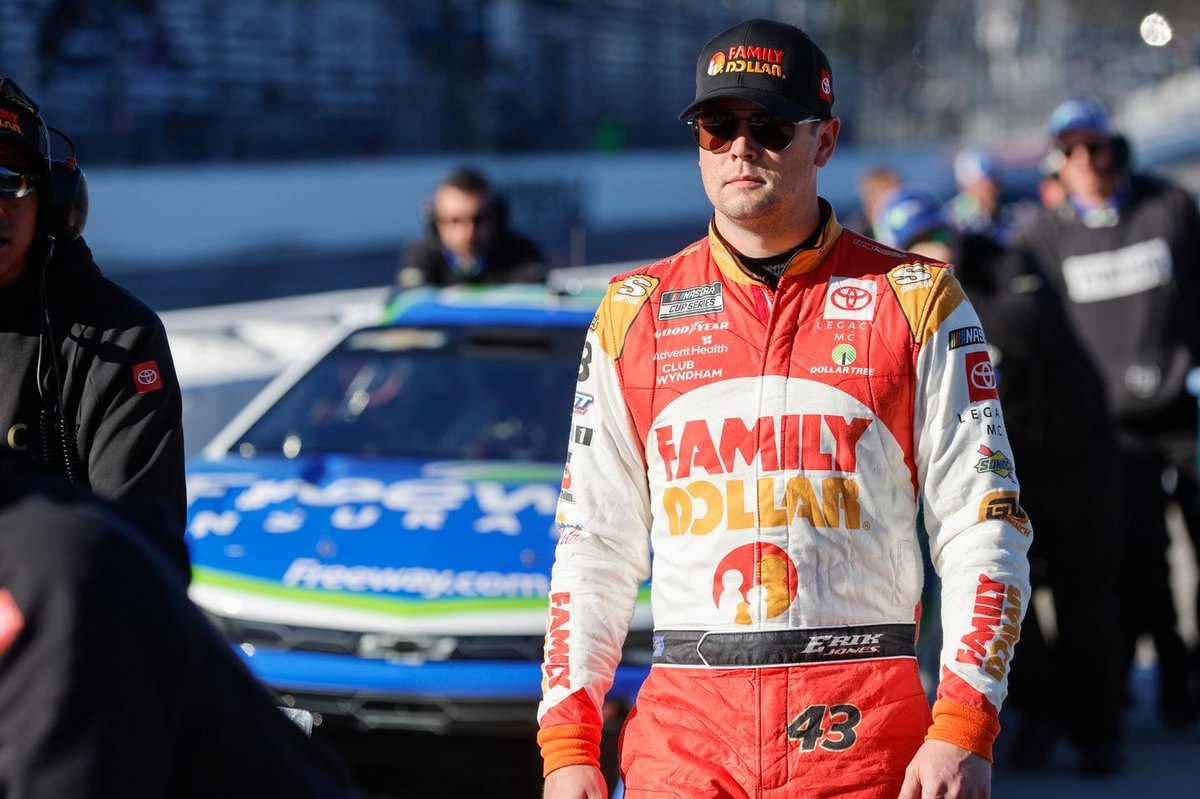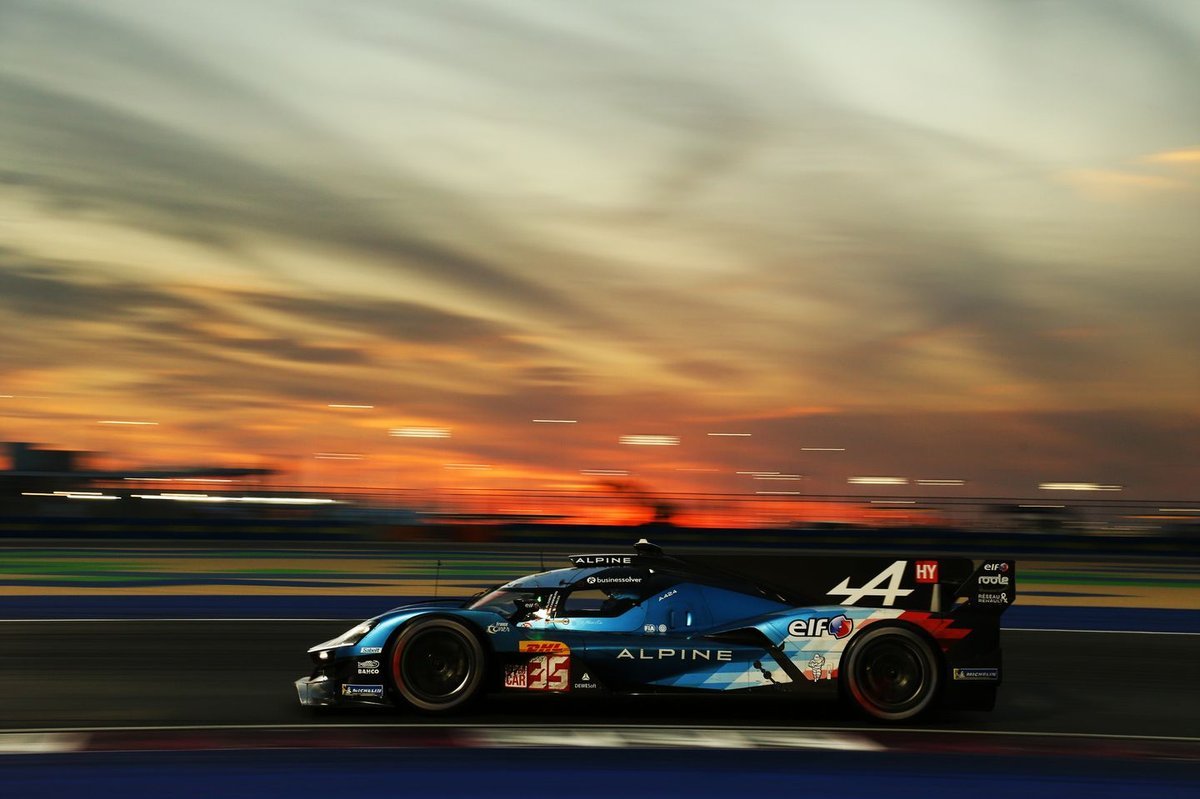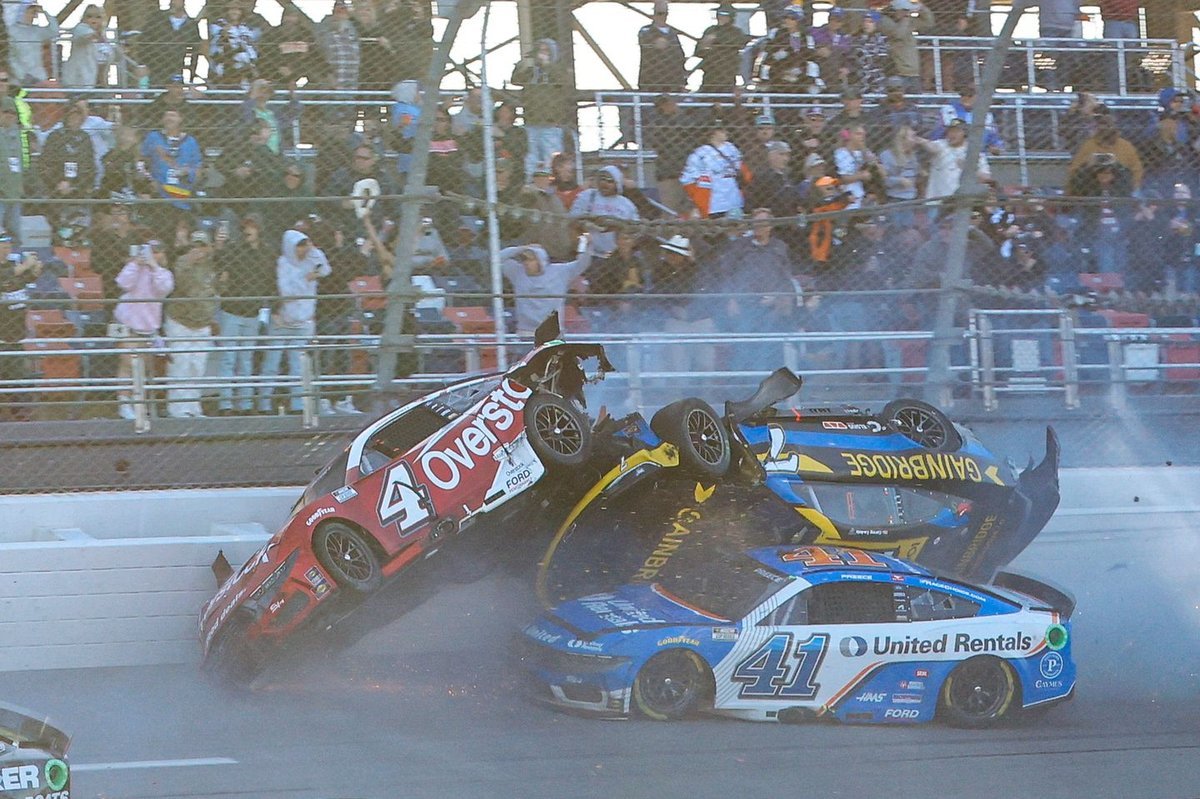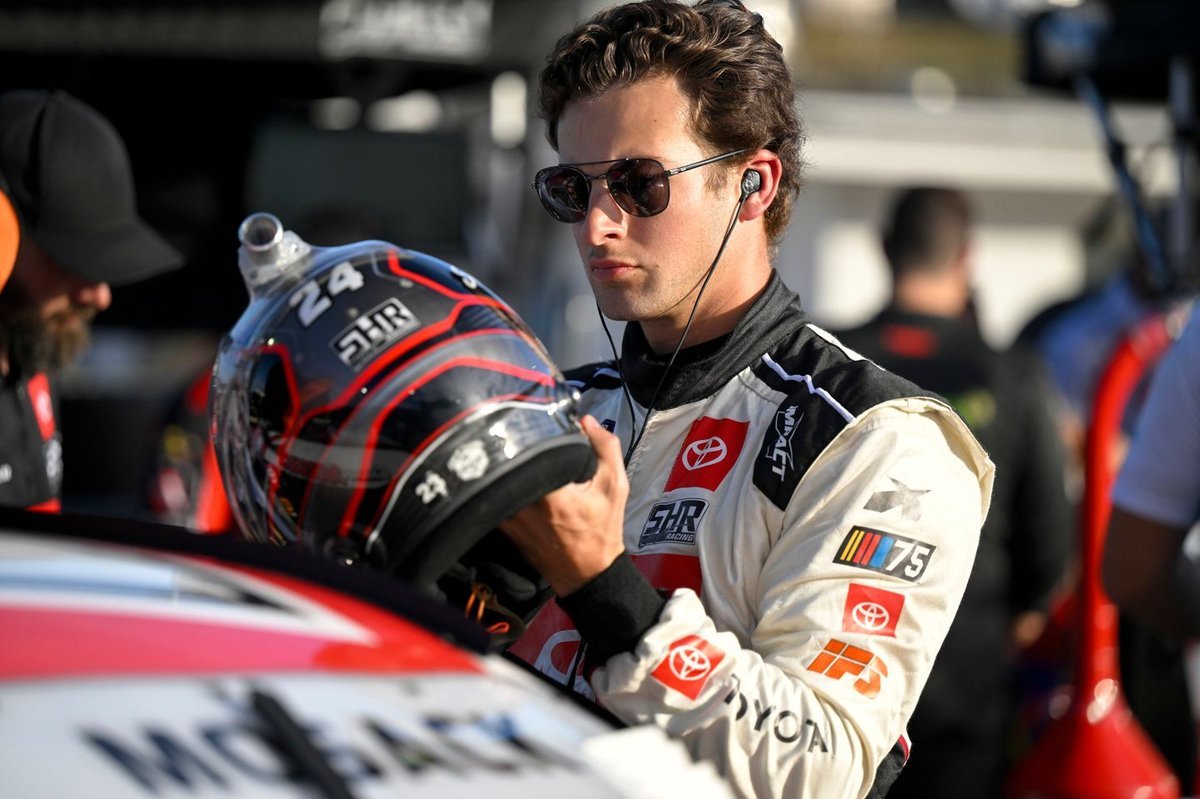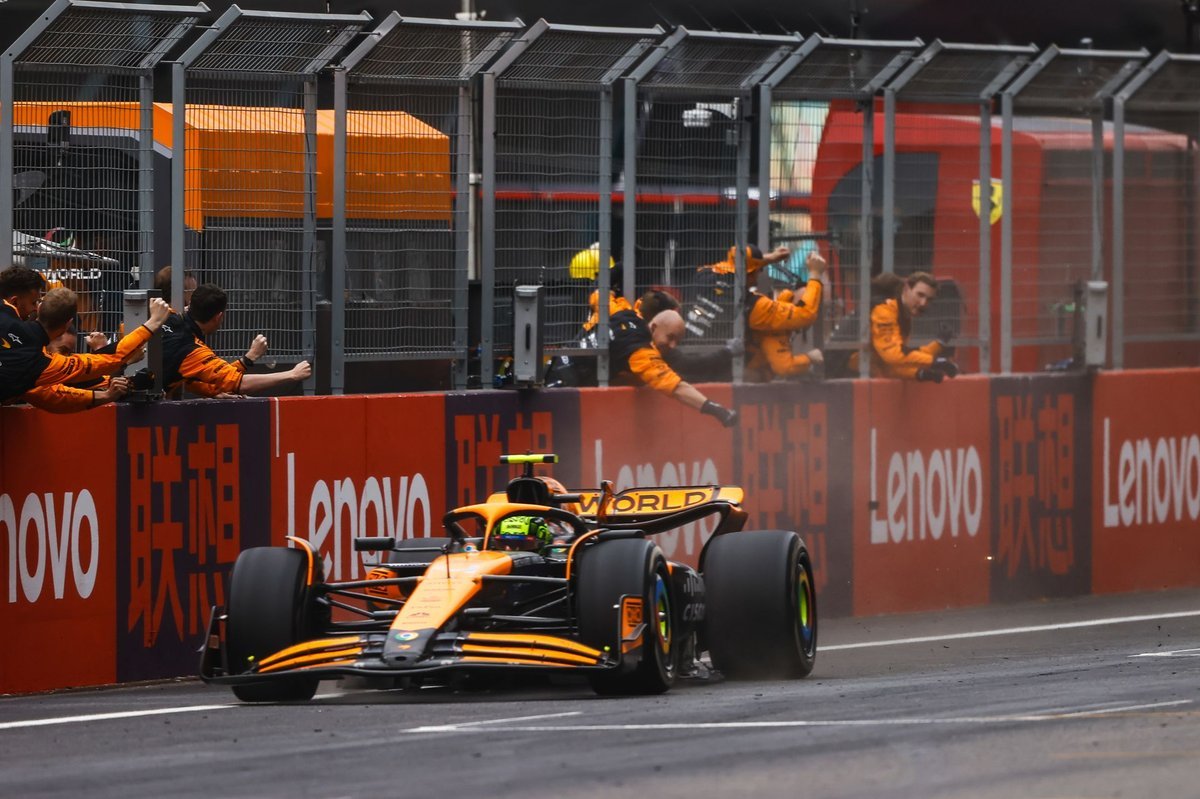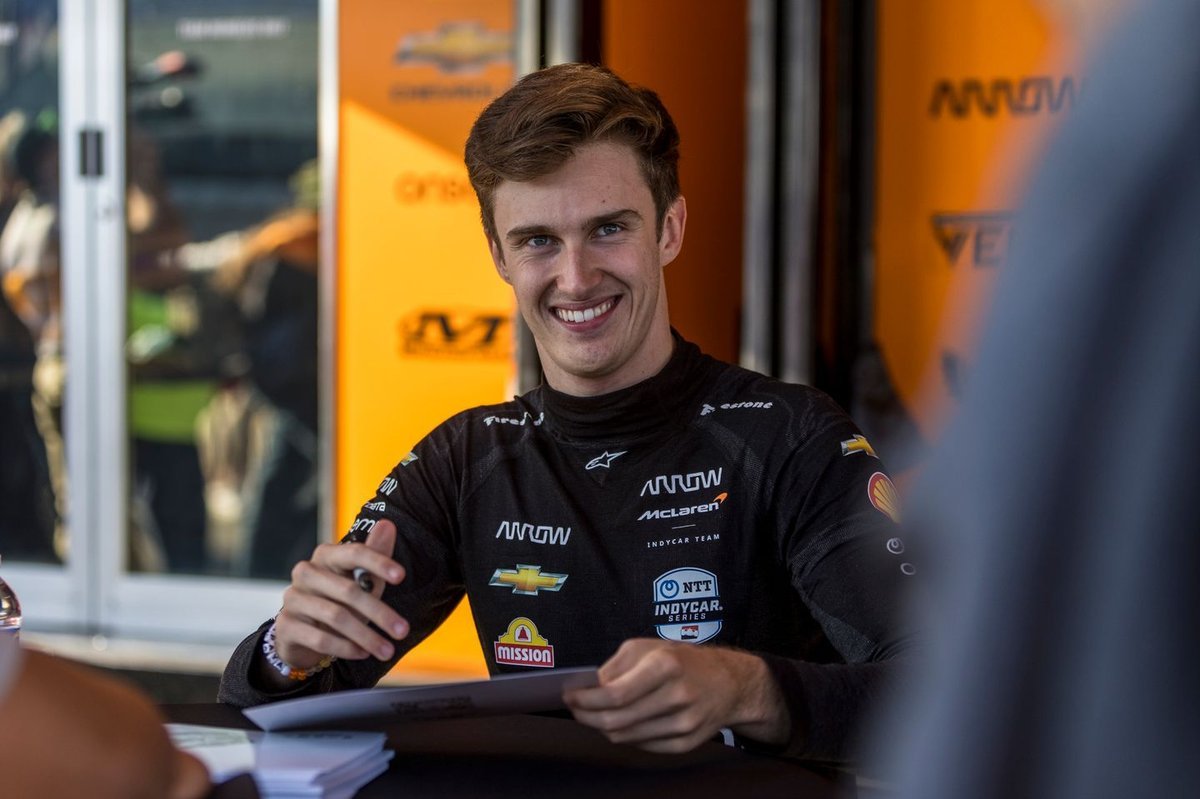Source – Autosports.com
Alpine has said that at the conclusion of the following year, their Formula 1 power unit department will cease operations as part of a so-called “Hypertech” transformation effort.
Alpine’s Formula 1 program is about to undergo a monumental shift that will mark a turning point in the team’s long-standing involvement in motorsport. With the upcoming 2026 regulation changes, the French manufacturer has confirmed that it will no longer produce F1 power units at its historic Viry-Chatillon base in France. Instead, all engine development will cease at the facility, which has been a cornerstone of Renault’s F1 program since the 1970s, symbolizing decades of engineering excellence and success on the track. The decision to end engine production at Viry-Chatillon is part of a broader restructuring within Alpine as the team shifts gears for the future.
Moving forward, Alpine’s F1 operations will be consolidated at the Enstone facility in the UK, the same site that has traditionally focused on the team’s chassis development. Enstone will now emerge as the central hub of Alpine’s Formula 1 efforts. This strategic move underscores Alpine’s plan to position itself as a forward-thinking contender in the sport, aligning its resources with a new engine supplier for the 2026 season. Though Alpine has not officially announced who that supplier will be, strong indications suggest a potential partnership with Mercedes, one of the most dominant power unit manufacturers in recent years.
The decision to reshape Alpine’s F1 operations is part of a broader vision for the brand’s future. In a statement released on Monday, the company introduced plans for a “new state-of-the-art engineering centre” at Enstone. This cutting-edge facility, according to Alpine, will house some of the brightest minds in the automotive and engineering world. The goal is to leverage this talent pool to push the limits of performance vehicles and technologies that will not only benefit the F1 team but also Alpine’s parent company, the Renault Group. This move highlights Alpine’s commitment to innovation and cements its position as a leader in high-performance automotive engineering.
Alpine also stressed that the transition process at Viry-Chatillon was handled with care. The company described consultations with employee representatives as “constructive,” and assured that all affected staff will be offered positions within Alpine’s broader operations. Many will join the new “Hypertech” initiative, a project focused on cutting-edge technology beyond the realm of F1. This ensures that Viry-Chatillon’s rich history of technical expertise and innovation will continue to contribute to Alpine’s future, even as the site steps away from its role as an F1 engine manufacturer.
To maintain Alpine’s legacy of excellence in Formula 1, an ‘F1 monitoring unit’ will be created to preserve the skills and knowledge of the Viry-Chatillon workforce. This unit will focus on keeping the team at the cutting edge of motorsport innovation, while simultaneously supporting other high-performance projects within the Renault Group. In this way, Alpine aims to ensure that the technical prowess built over decades in F1 will continue to shape its engineering ambitions in the future.
Alpine CEO Philippe Krief hailed the changes as a significant milestone for the brand. He described the creation of the Hypertech Alpine centre as a key part of both Alpine’s development strategy and Renault Group’s broader focus on innovation. According to Krief, this move marks a turning point for the Viry-Chatillon site, preserving the site’s vast knowledge base and helping secure Alpine’s future in cutting-edge technologies. Krief emphasized the importance of blending the team’s motorsport legacy with its ambitions as an “innovation garage,” positioning Alpine as a pioneer in high-performance engineering beyond Formula 1.
The restructuring within Alpine’s F1 division comes as the team navigates a turbulent season on track. With only three-quarters of the 2024 campaign completed, Alpine currently sits ninth in the constructors’ standings, having earned just 13 points across 18 rounds. The team’s struggles have been compounded by a string of managerial changes in recent years, with Oliver Oakes recently appointed as the new team principal, replacing Bruno Famin after just one year in the role. Oakes brings with him a wealth of experience from his previous role as a junior team boss and is expected to bring stability to Alpine’s F1 operations as they prepare for the major overhaul in 2026.
While the immediate future may seem uncertain for Alpine, these changes mark a significant evolution for the brand. By consolidating its F1 efforts at Enstone and entering a new era of technological development, Alpine is making a bold statement about its future in the sport. The 2026 regulation changes will usher in a new chapter for the team, as it forges ahead with a fresh engine partnership and a renewed focus on innovation. For now, the challenge remains to close out the 2024 season on a strong note while laying the groundwork for what promises to be a transformative period in Alpine’s F1 journey.

